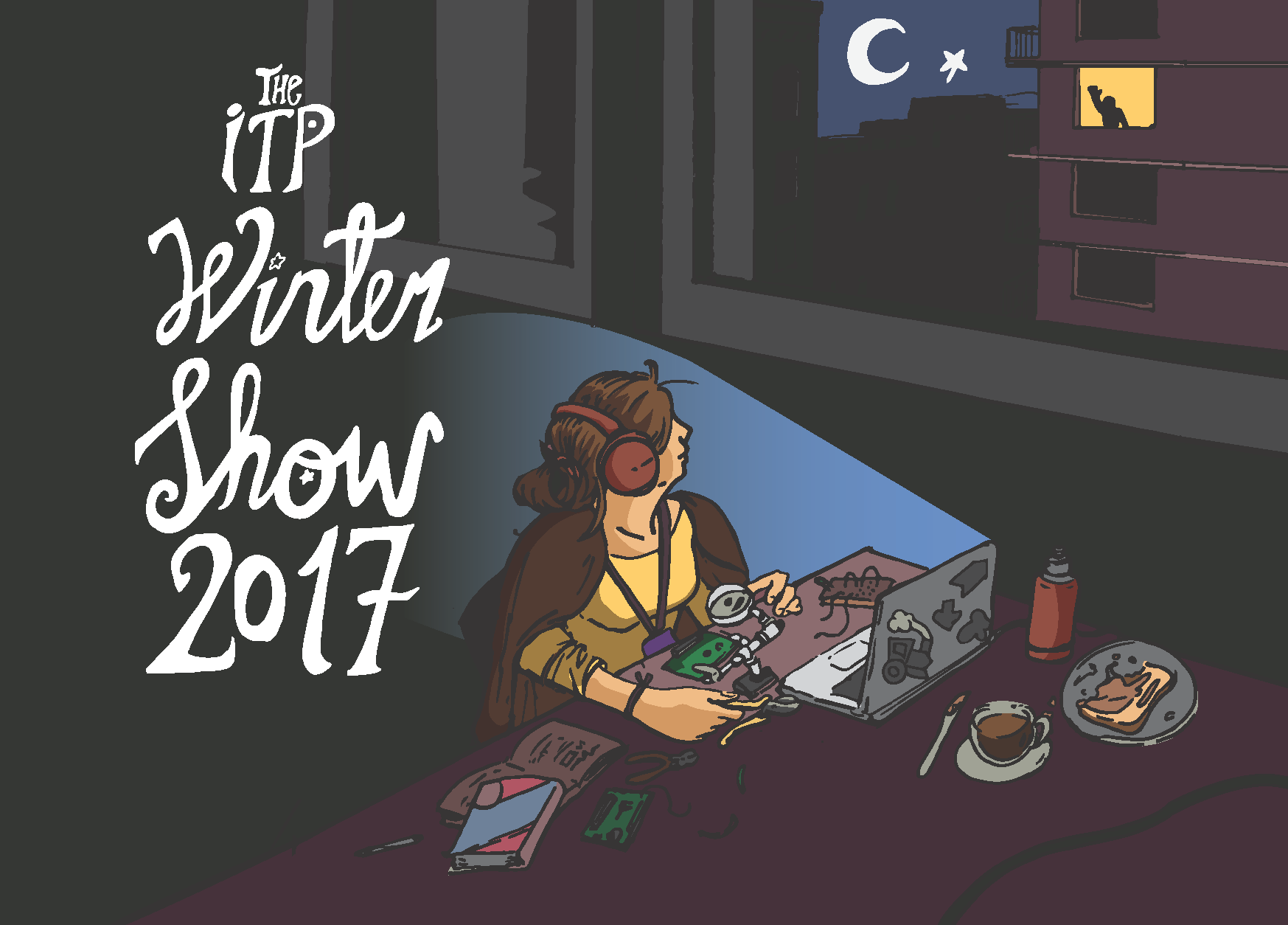Alden Jones
Sophia represents a revolution in consumer AI devices by combining the ingenuity of the Google Assistant with the etheric power harvested from a doll-bound ghost named Sophia.
http://www.alden.life/2017/11/15/haunted-dollhouse-planning/
Description
Sophia is a haunted doll that I bought from a witch on eBay.
Thinking of the haunted doll as feminine artifact moving beyond the bounds of which it was intended (inert plaything turned malevolent spirit) draws parallels to fearful visions of consumer-level AI, coded female and performing feminized affective labor, moving beyond the uses for which they were intended and disrupting human civilization, both on the level of job displacement and as genocidal overlords. Many questions arise. At what depth of the uncanny valley does misogyny lie? On what level are we as a society afraid that factory workers and truck drivers are being emasculated by machines and at what level are we genuinely concerned about joblessness and the negative externalities of creative destruction? How much are baseless fears of AI – akin to fear of paranormal and unknown – tangled in with worthwhile critiques and concerns, and how should AI policy and practice be formulated taking this intermingling into consideration?
Here is the description of Sophia from the eBay listing:
Sophia passed away at the age of 22. She was in the hospital for a deadly infection that had entered her bloodstream. She tried her best to fight it, but ultimately it was too much for her body to handle.
Sophia's sweet spirit remained earthbound and is attached to her lovely porcelain doll host. Sophia's doll vessel is 16 inches tall. Sophia's vessel is made of porcelain and cloth.
There is no need to worry about any negativity or danger from Sophia. She is just as kindhearted, loving, and full of warmth as she was when she was among the living. She possesses such positively magnetic energy. She really has a way of making everyone feel better, more energized, and overall happier.
Classes
Introduction to Physical Computing

